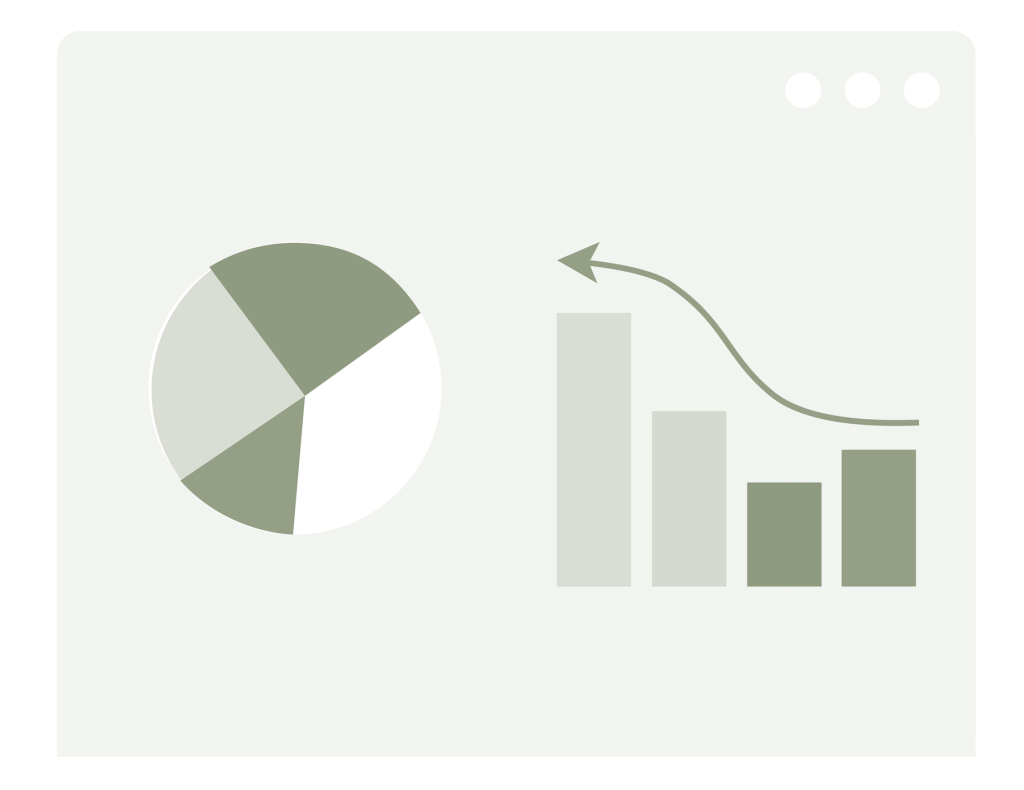By Paul-Miki Akpablie, co-founder & CEO at Akos Technologies Inc.
There is a trillion-dollar force that impacts almost every single aspect of our day-to-day lives. At the same time, it is one of the least visible sectors in America. Nearly everyone has heard of this industry, but not everyone knows the profound impact it has on the way we live.
I’m talking about America’s wholesale industry.
According to the U.S. Census Bureau, Americans spent more than $691 billion on retail and food services sales in March of 2023 alone. Nearly all of it would have arrived on shelves and in food service kitchens via wholesalers. But despite this incredible sales volume, the wholesale industry is largely stuck in a manual, practically pre-internet age. This technology deficit has hindered this vital industry’s growth. It’s time for a change.
Wholesale Technology Needs To Advance
First, a bit of background. America’s wholesale industry is built with tens of thousands of smaller players. Believe it or not, 90% of this trillion-dollar industry consists of small and medium-sized businesses sporting fewer than 20 employees. You might think that the fragmented nature of the industry is the big reason why it’s been slow to adopt new technologies and systems that could streamline operations and boost efficiency. But in my experience, that’s actually not the case.
The unfortunate truth is that this sector—the lifeblood of America’s retail industry—has been underserved by technology firms. Many players cling to outdated enterprise resource planning (ERP) systems from the 2000s. At the same time, wholesalers often have to use complex and unwieldy Excel models to keep things organized. They rely, like many small businesses do, on Quickbooks and email to manage their operations, but these tools haven’t advanced all that much since they launched in the last century.
The hodgepodge nature of the wholesaler’s “tech stack” means that managing both orders and payments is often haphazard and chaotic. Late payments and misplaced orders are all too common. I have found that many wholesalers are understandably eager for change.
It’s time to end the technology deficit facing the wholesale industry. It’s possible; the tech already exists. More technology providers just need to actively listen to the problems wholesalers face, like inconsistent supply chain management and outdated inventory tracking tools, to name just two. I believe that as America’s wholesalers adopt improving technology and develop new digital storefronts, it will be possible to change the wholesale landscape. Doing this can benefit the consumer industry overall—and help save everyone a little money, too.
Of course, America’s wholesalers are also going to have to do their part and embrace these changes as the tech that’s geared toward them continues to advance.
Factors To Consider In Wholesale Technology
As wholesalers look to improve and streamline their operations, the task of evaluating technology options can be daunting. The market is full of software and services, each promising to address the unique needs of the wholesale industry. If you are a wholesaler looking to update your tech stack, here are a few factors to consider when evaluating new technology products for your business.
• Understand your business needs. Before you start searching for a tech solution, take the time to identify the specific pain points and inefficiencies you’re observing in your current processes. This will help you narrow down the options to those that address your most critical needs.
• Look for industry-specific solutions. Some tech products cater to a wide range of industries, while others are specifically designed for the wholesale sector. By choosing a solution that is tailored to the wholesale industry, you can be confident that it will address the unique challenges you face.
• Prioritize scalability and flexibility. As your business grows, your technology needs will evolve. Look for solutions that can scale with your business and adapt to changes in your operations. This may include the ability to integrate with other systems, add new features or accommodate an expanding user base.
• Ease of use and implementation. The best technology solution is one that your team can quickly adopt and use effectively. Look for a product with an intuitive interface and a smooth implementation process, including clear instructions and support from the vendor. You want a low “time to value,” to use an enterprise software industry phrase.
• Integration capabilities. Many wholesalers use a mix of software tools and systems, some even offline, to manage their operations. The ability to integrate your new technology solution with existing tools, like ERP systems or accounting software, can help ensure a seamless transition and reduce the risk of data silos or duplicate work.
• Security and data protection. In today’s digital landscape, safeguarding your business data is crucial. Make sure the technology solution you choose has robust security measures in place, including encryption, secure data storage and compliance with industry standards and regulations.
• Support and ongoing updates. When investing in a technology product, it’s essential to choose a vendor that offers ongoing support and performs regular updates. This will help ensure your solution remains current and can continue to meet your needs as the industry evolves.
• Testimonials and case studies. To get a sense of how well a technology solution has worked for other wholesalers, look for testimonials and case studies from businesses similar to yours. This can give you valuable insights into the real-world benefits and potential drawbacks of the product.
• Total cost of ownership. When comparing technology options, consider not only the upfront cost but also the ongoing expenses, such as maintenance fees, support costs and any necessary hardware upgrades. This will give you a clearer understanding of the total cost of ownership and help you make a more informed decision.
By keeping these factors in mind, wholesalers can confidently evaluate and select the best technology solution for their business. Embracing and encouraging better wholesale technology can help you not only stay relevant to clients but also boost efficiency, reduce costs and drive growth in the rapidly evolving wholesale industry.










